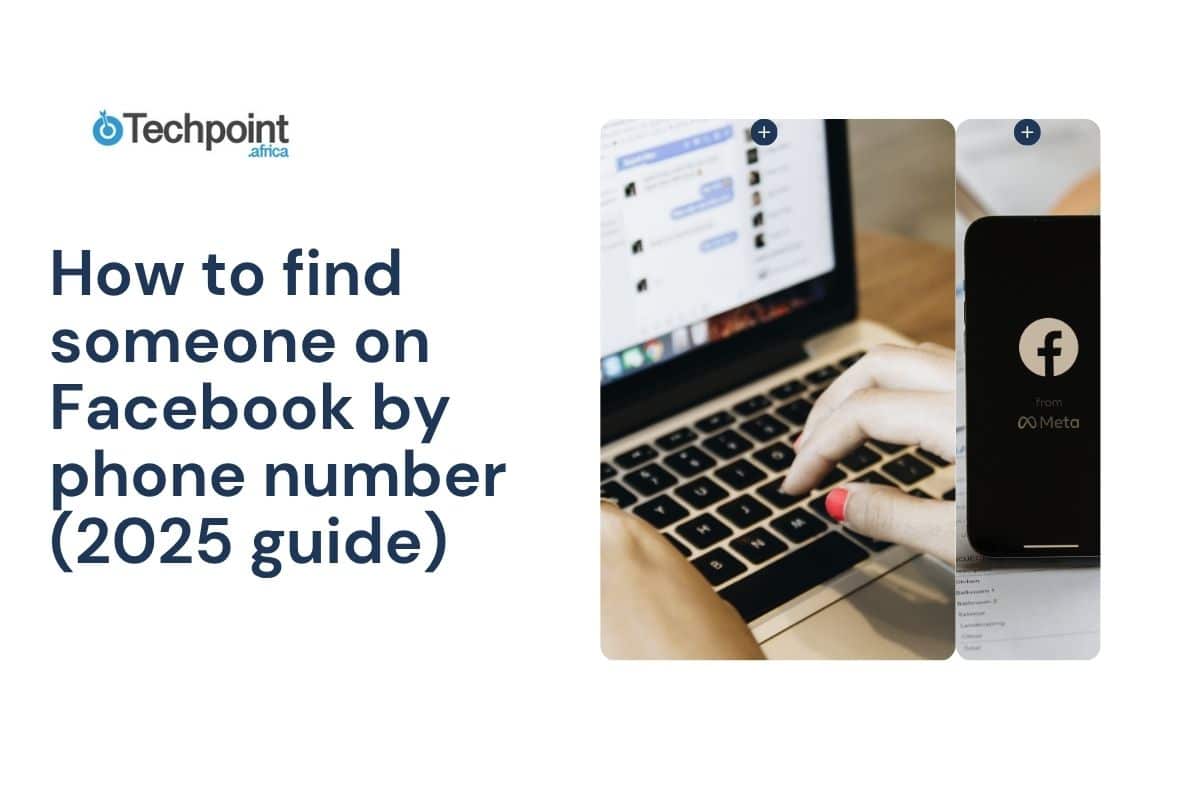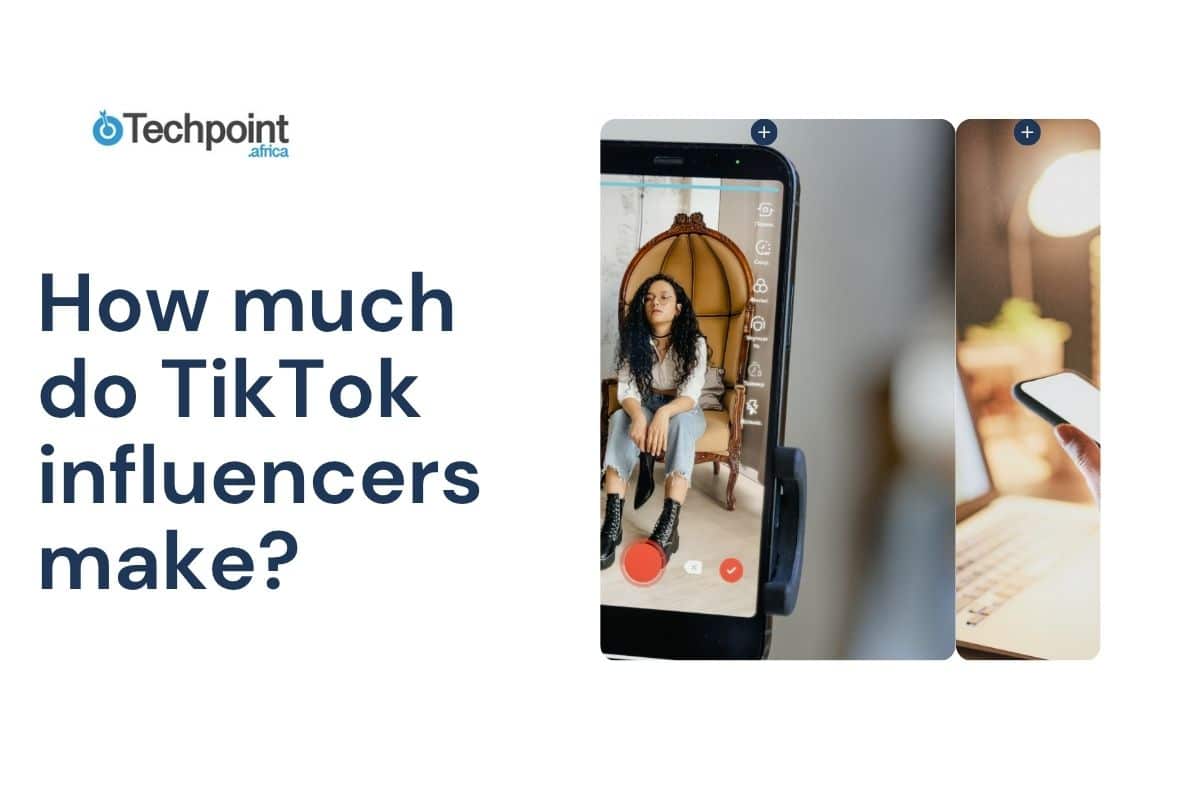The news:
- Meta is testing facial recognition technology to tackle celeb-bait scams and simplify account recovery, TechCrunch reports.
- While Meta’s automated scans already attempt to detect such scams, these new tests will add facial recognition as an additional layer of protection.
- The move aims to enhance anti-scam measures, particularly those targeting ads that misuse celebrity images to deceive users.
Celeb-bait scams typically lure users into sharing personal information or making payments on fraudulent websites by using images of well-known figures.
The new technology compares faces in suspect ads to profile pictures of public figures on Facebook and Instagram. If a match is confirmed, Meta blocks the ad.
Meta claims that all facial data used in this process is deleted immediately after the comparison and will not be used for any other purpose.
This initiative is being tested globally, although it is notably absent in the UK and the EU due to stricter data protection laws. In Africa and other regions where such regulations are not as robust, Meta may be able to push forward with these tests more quickly.
The use of facial recognition to combat scams has significant implications in Africa, where online scams have become increasingly prevalent.
With more Africans adopting social media platforms, including Facebook and Instagram, Meta’s efforts to block scam ads could help protect millions of users from falling victim to these deceptive schemes.
African celebrities, who are frequently featured in ads or videos, are not immune to these scams, making Meta’s initiative relevant for African influencers and public figures.
Meta says it has commenced early testing with a select group of celebrities and public figures, with promising results to show. The company says it’ll start showing in-app notifications to a larger group of public figures who have been affected by celeb bait, informing them that they’ve enrolled in the system.
Meta is also testing facial recognition for faster account recovery, offering users a simpler alternative to the traditional document-based process. By uploading a video selfie, users can unlock their accounts if they’ve been compromised.
Additionally, the use of video selfies, secured and encrypted by Meta, could make it easier for users across Africa to regain access to their social media accounts.
Globally, Meta is positioning facial recognition technology to tackle a growing threat: deepfakes.
As generative AI becomes more common, fake ads using AI-generated images of famous figures have proliferated. Meta believes facial recognition could help detect these fraudulent ads more effectively.
Meta’s facial recognition tests are expected to evolve, and feedback from regulators and public figures will shape its future use.











